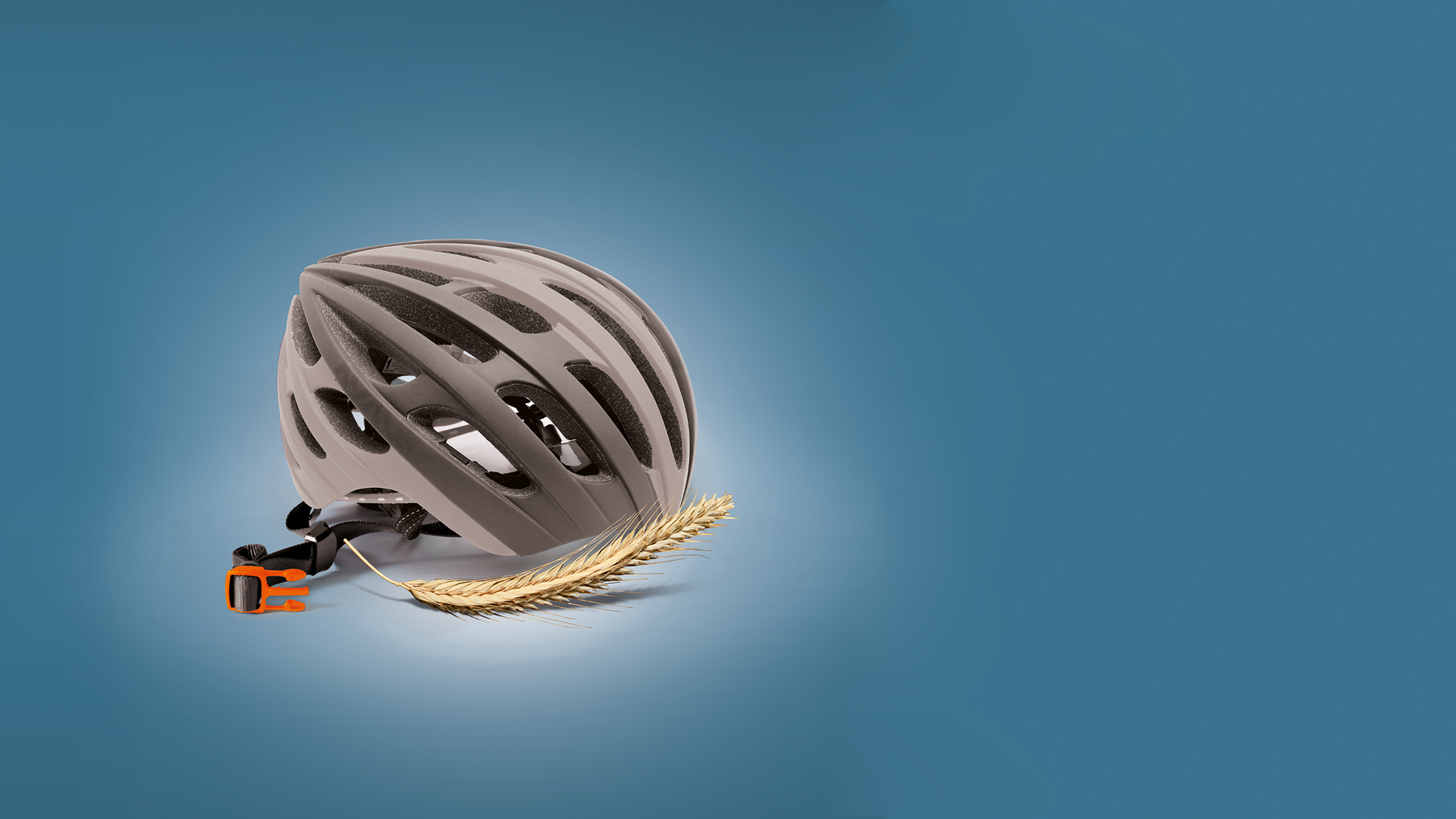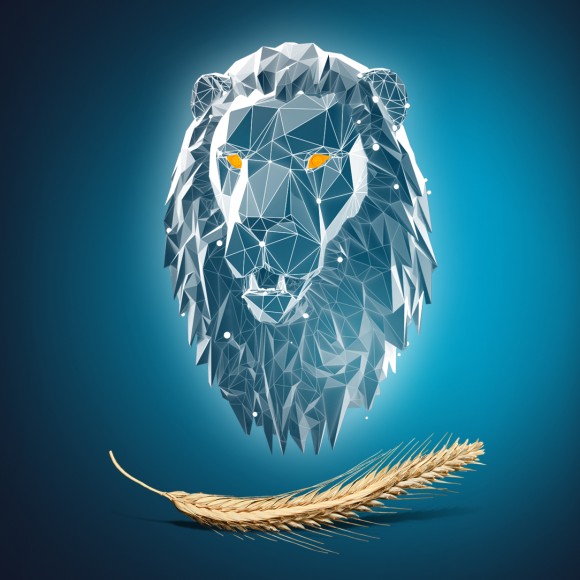Salmonella reduction - for high welfare pig production
Sources:
DCA - Danish Centre for Food and Agriculture - Aarhus University 2013.
Impact of physical form of animal diets - Kamphues 2018. Grone et al 2020.
*Short Chain Fatty Acids
More about feeding rye
Your consultants





.jpg)




